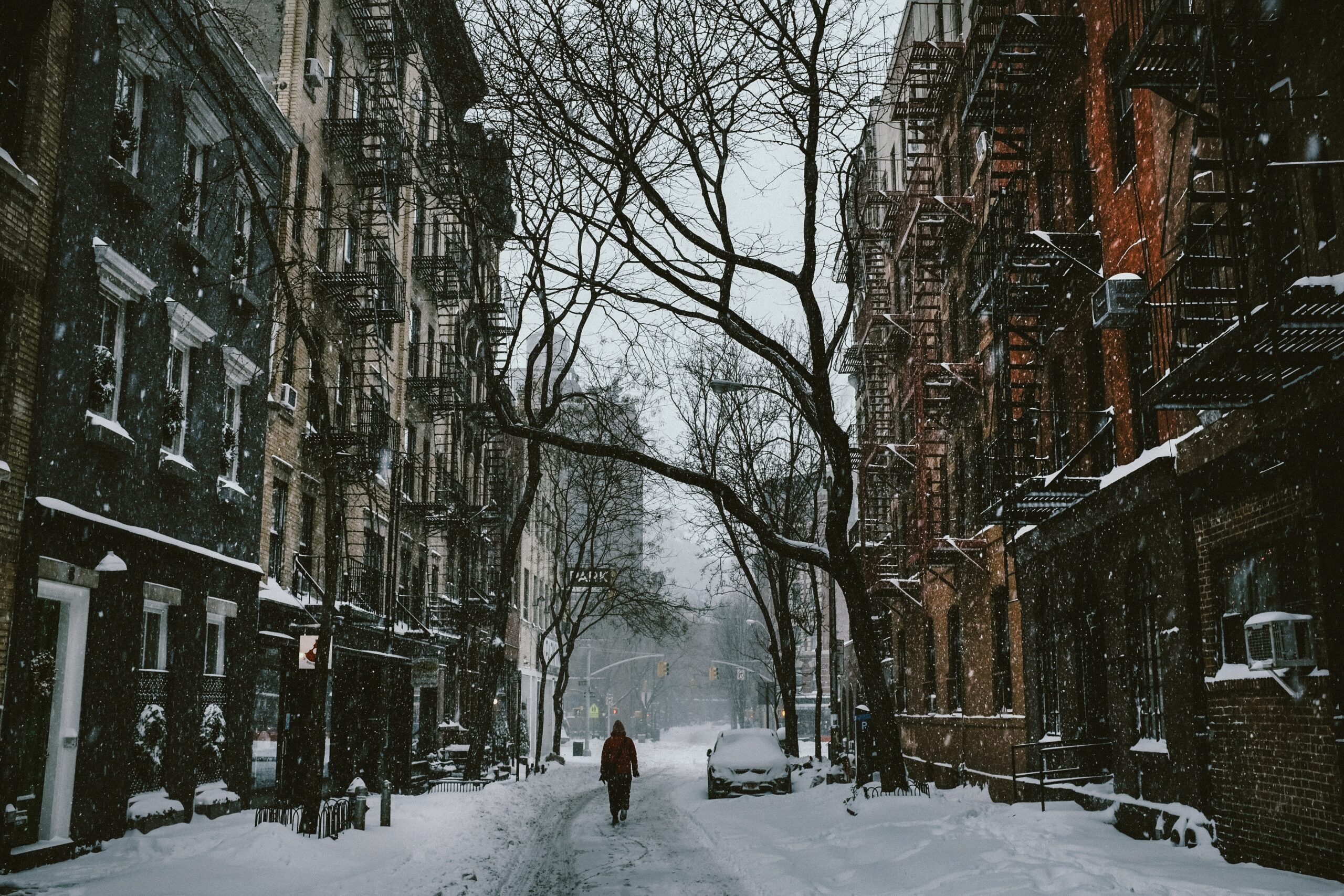As the last leaves fall and the sun wanes, many Canadians are apprehensive about the months ahead. Winter is coming, along with the realization that life in a pandemic may get even harder. The summer was a reprieve, as COVID-19 case numbers fell and people headed outside to socialize, but with the arrival of the second wave in parts of the country, it’s time to prepare for the heavy toll winter may take on our mental health.
Many Nordic countries have touted having the right mindset as the secret to enjoying the colder months. Research tells us that cultivating a positive perception of nature by embracing the outdoors in all kinds of weather can have a direct impact on an individuals’ physical and mental health.
“We find that people who are connected to nature do tend to be a bit happier,” says John Zelenski, professor of psychology at Carleton University and director of the school’s Happiness Laboratory, which studies the psychology of well-being. His team has found that spending time outdoors, or even looking at a picture of nature, can lead to a modest boost in positive emotion, a sense of purpose or a feeling of satisfaction with life.
More on Broadview:
- Nun runs treadmill marathon in convent basement
- What Emily Dickinson can teach us in a pandemic
- How churches are coming together to tackle rural homelessness
However, Zelenski says that “doing nature” in the winter presents some challenges. Not only are there physical barriers such as snow and ice, but he also points to the theory of biophilia — that what makes nature so appealing is our inherent need to affiliate with life-like things. While signs of life in the winter are still apparent, he says, they’re harder to find. One approach he suggests would be to bring nature indoors, with indoor plants, nature photography and livestreams of nature webcams.
Individuals who are already facing physical, emotional and socioeconomic challenges that limit their ability to connect with nature may be among those most impacted by winter in a pandemic. “There are people who are really struggling with aspects of their mental health, and who are having trouble doing day-to-day activities,” says Taslim Alani-Verjee, a registered clinical psychologist and director of the Slim Centre for Mental Health, a social justice-oriented therapy practice in Toronto.
Alani-Verjee says that one way individuals may be extra vulnerable in the winter is due to the lack of sunlight. “We have a lot of folks who are living in basements, or who are living in units with very small windows,” she says. “They might also be struggling with things like paying their heating bills…and living in a more uncomfortable environment.”
If getting outdoors is not a realistic option, Alani-Verjee says there are still ways to work on boosting mood. Maintaining ordinary daily activities, such as getting dressed, eating breakfast and brushing your teeth, “helps our brains continue to feel like there’s something to be living for, something to be working towards,” she says.
What makes nature so appealing is our inherent need to affiliate with life-like things. While signs of life in the winter are still apparent, he says, they’re harder to find.
As many have discovered throughout the pandemic, having a project can have many benefits. “In the therapy world, there is a concept called ‘building mastery.’ I call it doing something that makes you feel like a boss,” says Alani-Verjee. She stresses that the activity doesn’t have to be complicated and can be anything that helps individuals feel effective in their lives.
Another key strategy for improving mental health is social interaction — not an easy task in a pandemic. If people are facing “Zoom fatigue,” Alani-Verjee suggests doing something alone with someone on video, like reading a book, watching a show or eating a meal — this takes the pressure off the need to talk, she says. Further to this, she suggests that religious and cultural groups check up on isolated individuals, and offer their members virtual ceremonies, reading clubs or cultural teachings.
Indeed, one of the best predictors of Canadians’ well-being over the coming months may be our ability to cultivate meaningful social connection. By taking time to meet the needs of others, we could find a sense of purpose and belonging which will make this winter just a little bit brighter.
Misty Pratt is a health researcher and freelance writer in Ottawa.
We hope you found this Broadview article engaging.
Our team is working hard to bring you more independent, award-winning journalism. But Broadview is a nonprofit and these are tough times for magazines. Please consider supporting our work. There are a number of ways to do so:
- Subscribe to our magazine and you’ll receive intelligent, timely stories and perspectives delivered to your home 10 times a year.
- Donate to our Friends Fund.
- Give the gift of Broadview to someone special in your life and make a difference!
Thank you for being such wonderful readers.
Jocelyn Bell
Editor/Publisher














